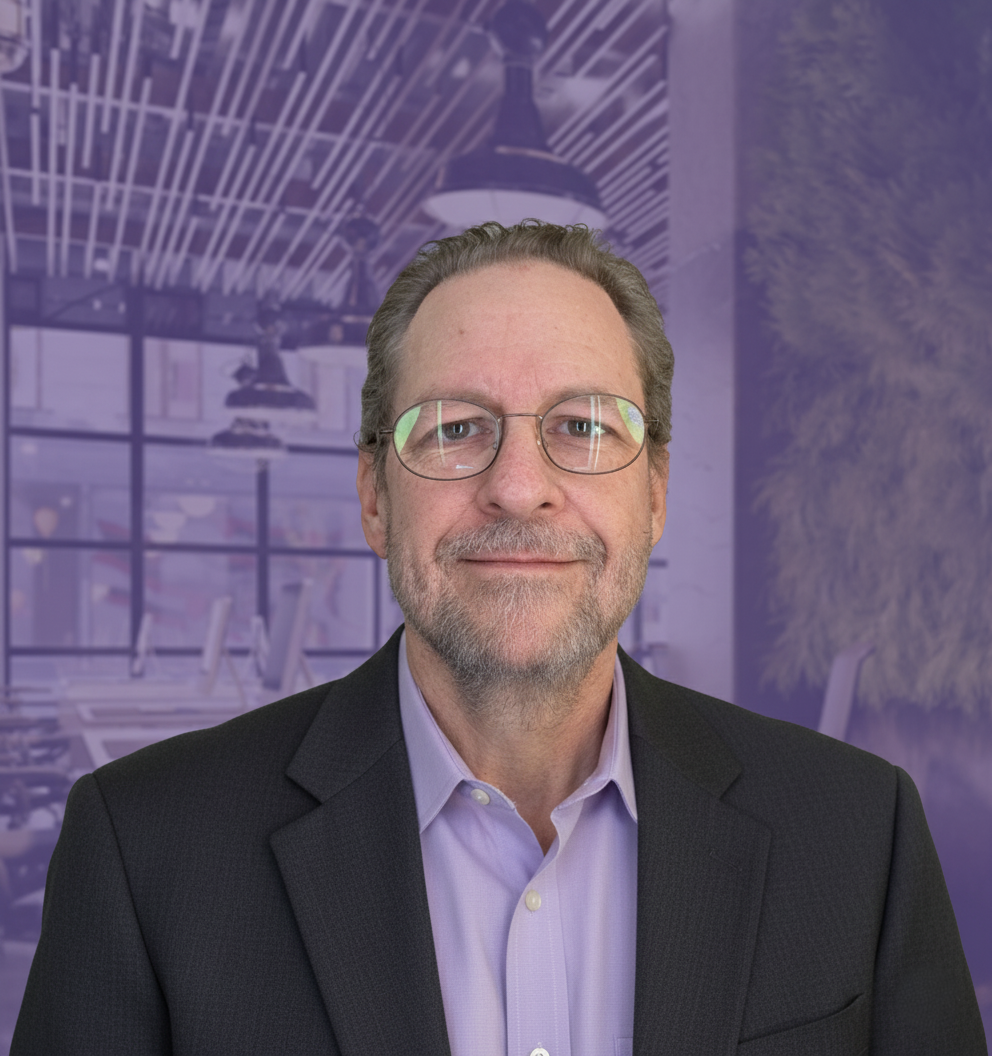
With over three decades of experience in systems architecture and technology, I bring a unique combination of technical precision and attention to detail to my work as a Notary Public serving West Virginia.
Throughout my career, I've specialized in designing complex systems where accuracy and reliability are paramount. These same principles guide my approach to notary services—ensuring every document is handled with meticulous care and professional integrity.
I became a Notary Public not simply as a business venture, but as a commitment to serve my community with dependable, trustworthy service. I understand that notarized documents often represent life's most important moments and decisions—real estate transactions, powers of attorney, legal agreements—and I take that responsibility seriously.
Beyond my notary practice, I'm actively engaged in community education, offering workshops on technology and artificial intelligence for seniors and others looking to navigate our increasingly digital world. I'm also developing educational resources to help people understand and effectively use modern tools.
As a proud West Virginia resident in Fayette County, I'm committed to serving my neighbors and community. Whether you need a signature notarized for a business transaction, real estate closing, or personal legal matter, you can count on professional, confidential service delivered with the precision of someone who has spent a career getting the details right.
When your documents matter, trust someone who understands that excellence is in the details.
Need clarity on what I can and cannot do as a notary public? Read the complete guide →
Ready to Get Started?
Scheduling is simple. Click the button below to book an appointment, or feel free to call with any questions.
Book Instantly Without Leaving This Page
Choose a time that works for you. The calendar below stays in sync with Koalendar.
Prefer a full-window view? Open the scheduling page.
Call or Text
304-278-4561
West Virginia notary serving Fayette County and surrounding areas